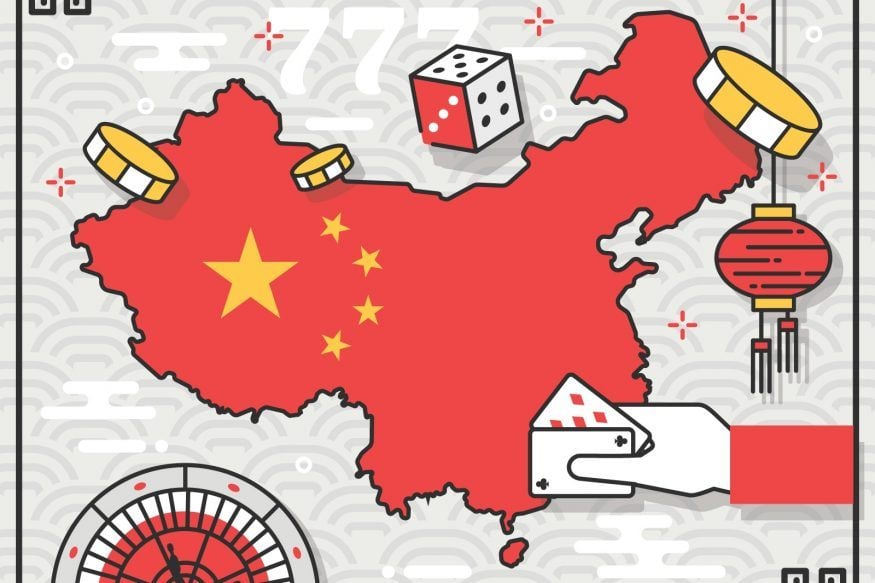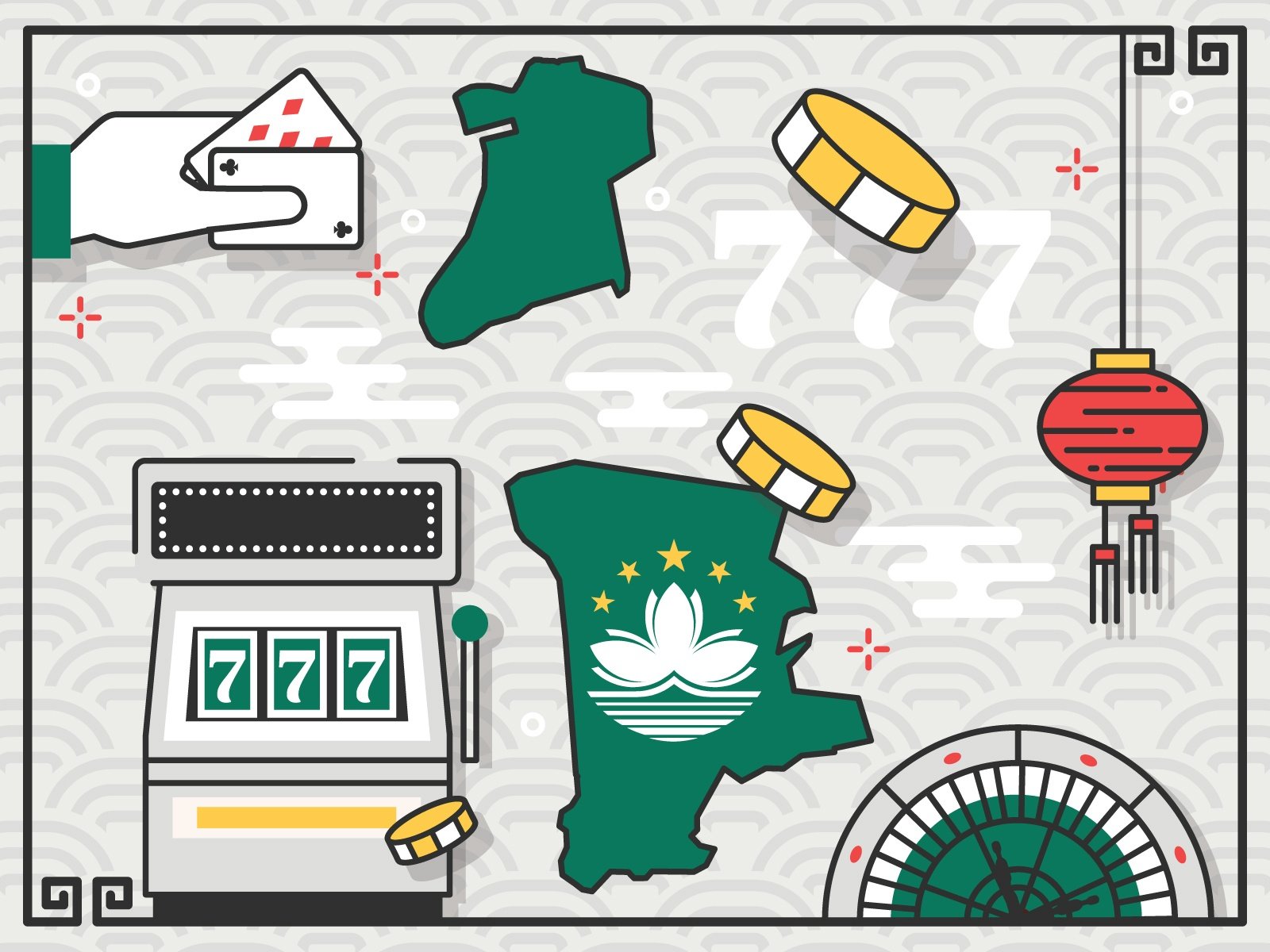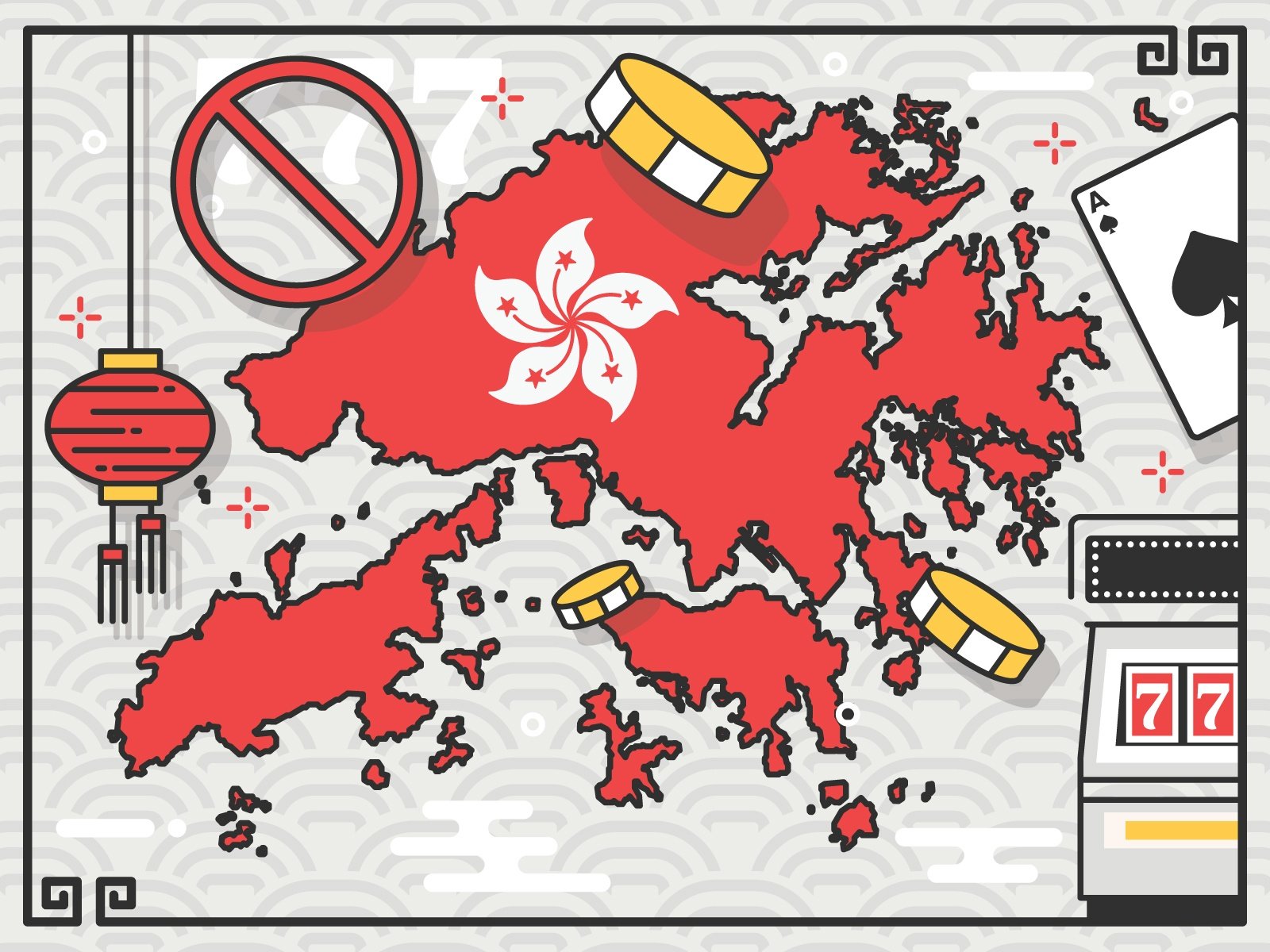Understanding Gambling Laws in China: A Comprehensive Overview

Gambling activities have been strictly prohibited in mainland China since 1949, following the establishment of the People’s Republic of China. This nationwide ban covers both online and land-based betting for all residents. Additionally, Chinese law prohibits opening casinos abroad if their primary intent is to serve Chinese citizens.
Despite the risk of legal consequences, many Chinese participate in state-sponsored lotteries, and some travel overseas to experience casino gambling.
The Unique Status of Macau: China's Only Legal Gambling Hub

Although gambling is banned throughout mainland China, Macau emerges as the exceptional case-this special administrative region is renowned worldwide for its thriving casino industry. Visiting Macau for gambling, however, is not without hurdles for Chinese citizens, as obtaining the necessary travel visas is often challenging.
Formerly governed by Portugal, Macau transitioned to Chinese sovereignty in 1999, maintaining a capitalist economic framework under the “one country, two systems” policy, slated until 2049. As early as the mid-19th century, gambling became legal in Macau, fueling tourism and rapid economic growth in the region.
While land-based gambling is flourishing, Macau does not permit online gaming operators headquartered within the city. Residents can, however, access online gambling services based abroad.
Hong Kong’s Gambling Landscape: Restrictions and Legal Exceptions

Hong Kong, another special administrative region, generally forbids most gambling activities. Fortunately for gambling enthusiasts, Macau-and its range of casinos-is only an hour away by road and ferry, bridging easy access between the two regions.
Interestingly, promoting gambling products in Hong Kong is not illegal, which is why many leading Macau casinos operate marketing offices there to reach high-value clients.
Certain exceptions exist for regulated gambling, namely:
- Horse racing and football betting organized exclusively by the Hong Kong Jockey Club (HKJC)
- Participation in government-approved national lotteries
The HKJC, a government-mandated entity since 1884, operates as Hong Kong’s only authorized bookmaker and is the primary organizer for horse racing. Betting through unlicensed sources carries severe legal consequences.
Profits generated by the HKJC not only make it the region’s largest taxpayer but also support a variety of community welfare programs.
An Insight into China’s Legal Lotteries
While gambling remains off-limits, China’s state-authorized lotteries offer a legal alternative. There are two official lotteries:
- Welfare Lottery
- China Sports Lottery
Tickets can be purchased at most corner shops for as little as 2 yuan (about $0.30 USD), and prizes can soar to 10 million yuan (approximately $1.5 million USD). Despite a sales downturn in 2019, these lotteries still amassed roughly $60.12 billion in revenue that year.
The Welfare Lottery, introduced in 1987, is similar to lotteries found in other countries, with popular draws such as Double Color Ball, 3D Lottery, and Lucky 7. Participants aim to match numbers in the correct sequence.

Revenue from the Welfare Lottery is allocated to supporting social welfare, particularly benefiting seniors, the disabled, and vulnerable groups.
Established in 1994, the Sports Lottery enables legal betting on international football and basketball outcomes. This is the main avenue for Chinese residents to engage in sports betting lawfully. During major events like the 2018 World Cup, sales surged, although a significant drop followed in 2019. Despite declines, Sports Lottery sales remain robust.
Funds raised through the Sports Lottery are reinvested in public sports initiatives, community equipment, and athlete training programs.
Online lottery sales remain suspended, a “temporary” measure in place for over four years as of this writing, but there is ongoing speculation on whether it will eventually be lifted.
Oversight and Enforcement of Gambling in China
On the Chinese mainland, the government directly oversees all legal lottery operations, with specific bodies administering ticket distribution and vendor permissions. Vendors must gain approval from the Administration of Civil Affairs for the Welfare Lottery and the General Administration of Sport for the Sports Lottery.
Authorities are vigilant in cracking down on unauthorized gambling, including online activity and illicit gatherings in remote areas. Reports indicate the use of drones by law enforcement to detect hidden gambling dens.
In Macau, the Gaming Inspection and Coordination Bureau (DICJ) is responsible for regulating all casinos and gaming operations. The law designates Macau as a “continuous gaming zone,” meaning casinos are expected to function 24/7, closing only under exceptional circumstances.
Tourists and Foreign Residents: Navigating the Rules
Tourism in Macau has transformed the city into a leading gambling destination, even surpassing Las Vegas in some aspects. Macau welcomes visitors from around the globe, making it a hot spot for international gamblers.
For expatriates living in mainland China, legal gambling options are extremely limited: access is restricted to state lotteries, with illicit gaming punishable by imprisonment and possible travel bans. Participating in illegal betting, whether online or through underground channels, risks serious penalties.
Although online gambling is prohibited for Chinese nationals, some Chinese-focused offshore casinos target this audience. The government actively seeks to shut these operations down. Foreigners in China considering online gambling are advised to use reputable overseas platforms-and to understand the relevant risks.
Illegal and Underground Gambling: The Ongoing Challenge
Despite heavy restrictions, underground online gambling persists across China. Operators such as the Guangdong Club have attempted to skirt Chinese law by registering in locations like Costa Rica, while physically operating from countries such as Cambodia or the Philippines.
A single brief online baccarat stream reportedly may generate bets worth up to 75,000 yuan ($10,500). Policing and shutting down these sites is a persistent struggle for Chinese authorities due to technological barriers.
China has pushed neighboring countries to curtail offshore gambling enterprises serving its citizens. Cambodia responded by halting new licenses and renewals, but the Philippines has maintained operations given the economic benefits.
Maximum penalties for illegal gambling in Hong Kong include fines up to HK$5 million and prison terms up to seven years. In mainland China, individuals caught running unlicensed casinos face up to ten years in jail, and those merely participating risk three-year sentences.
Updates and Policy Developments in Gambling Legislation
Even traditional Chinese games have not escaped regulatory scrutiny. In October 2019, authorities temporarily considered a ban on playing mahjong for money, aiming to suppress illegal gambling activities. However, swift public opposition led to a reversal of this decision within days.
Key Facts: The Strict Nature of Gambling in China
Gambling regulations in China reflect the government’s broader efforts to prevent vices it associates with societal harm-placing gambling alongside drugs and prostitution. As such, expectations for legalized gambling expansion in the near future are low.
While lotteries remain a state-sanctioned outlet for chance-based entertainment, Chinese consumers have demonstrated an appetite for casino-style games, fueling a market for both legal and illicit gambling opportunities. Enforcement remains robust, with heavy penalties for offenders.
Some illegal platforms claim to provide payouts via state-run banks, though such assertions remain unconfirmed. Payment services are increasingly collaborating with authorities to prevent access to winnings from illegal gambling.
For those interested in global gambling laws and odd regulations, related resources can be found exploring stories of famous individuals imprisoned over gambling offenses and the unique laws present in gambling capitals such as Las Vegas.
Sources:
The Gambling Law Review: Macao
ICLG Guide: Macau
Independent UK
Forbes: China Lottery
The Economist
Hong Kong Jockey Club
China Sports Lottery
BBC: Mahjong headline













